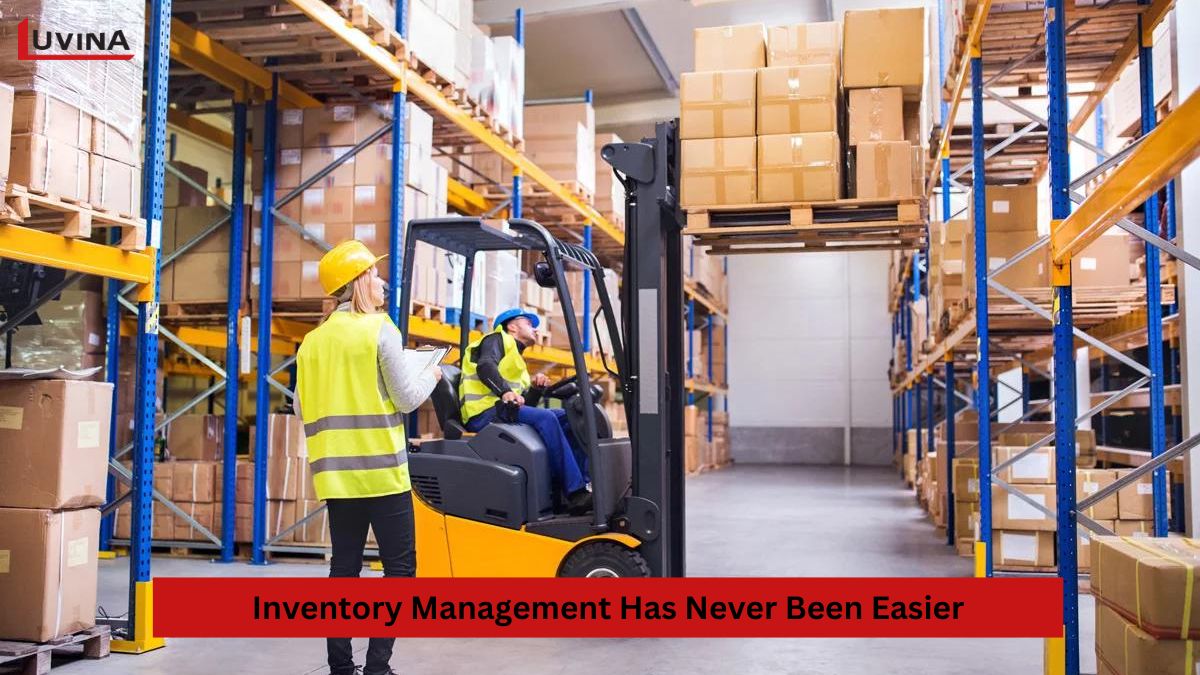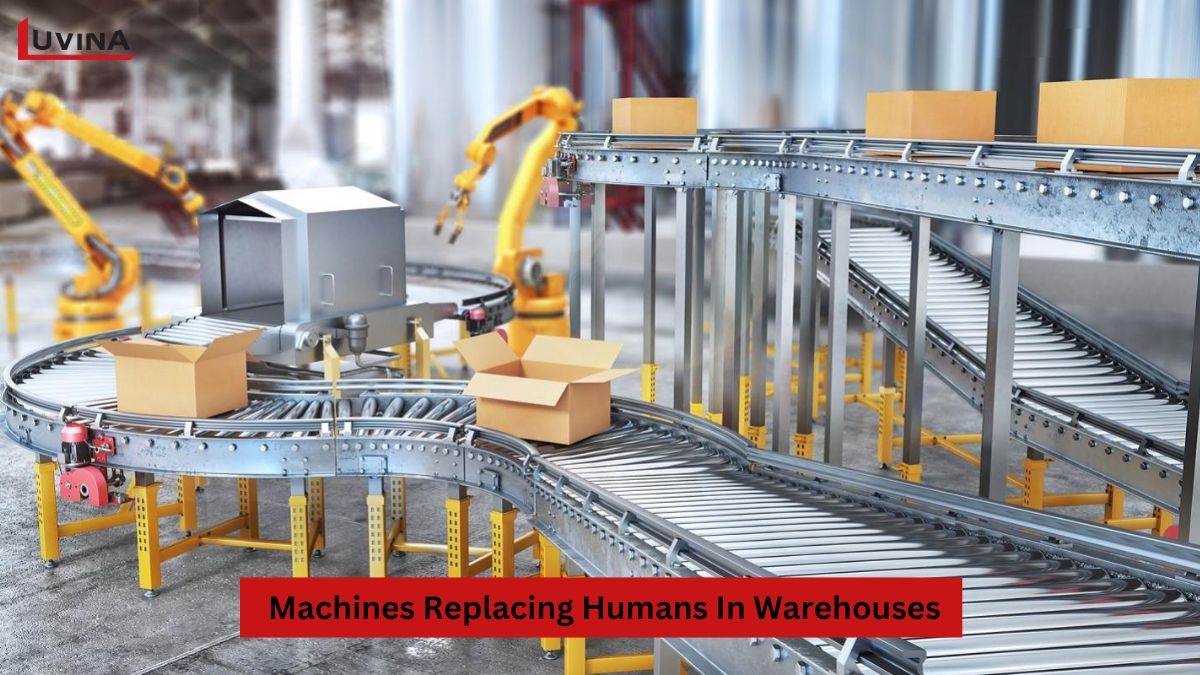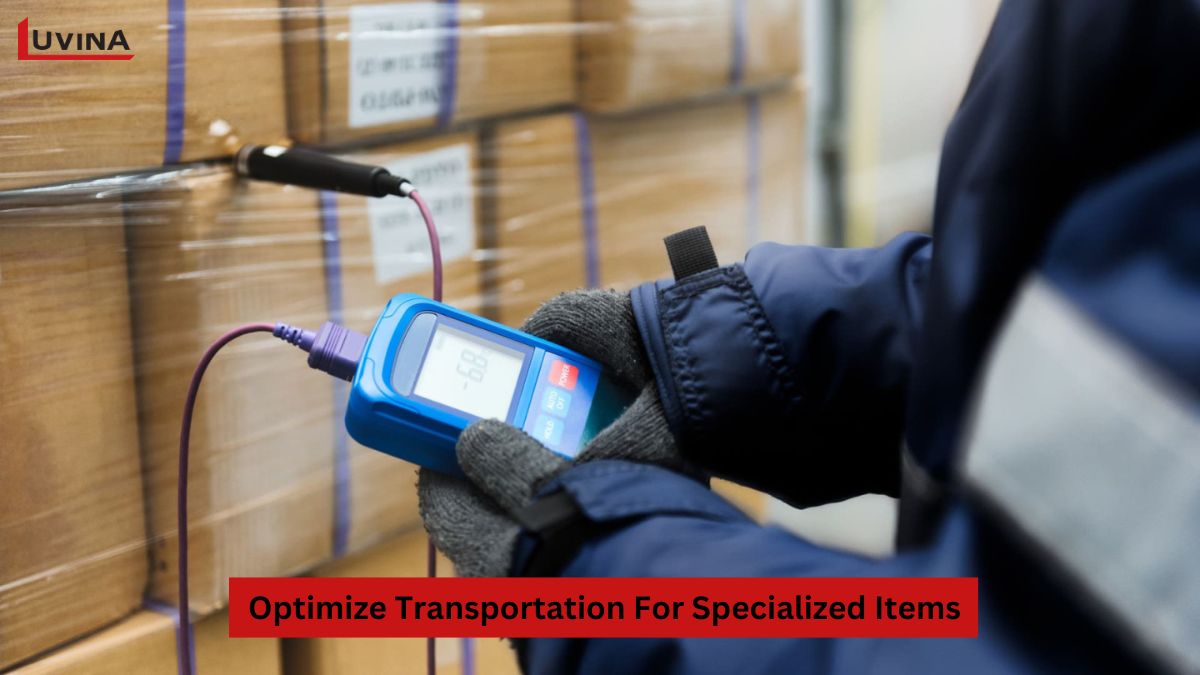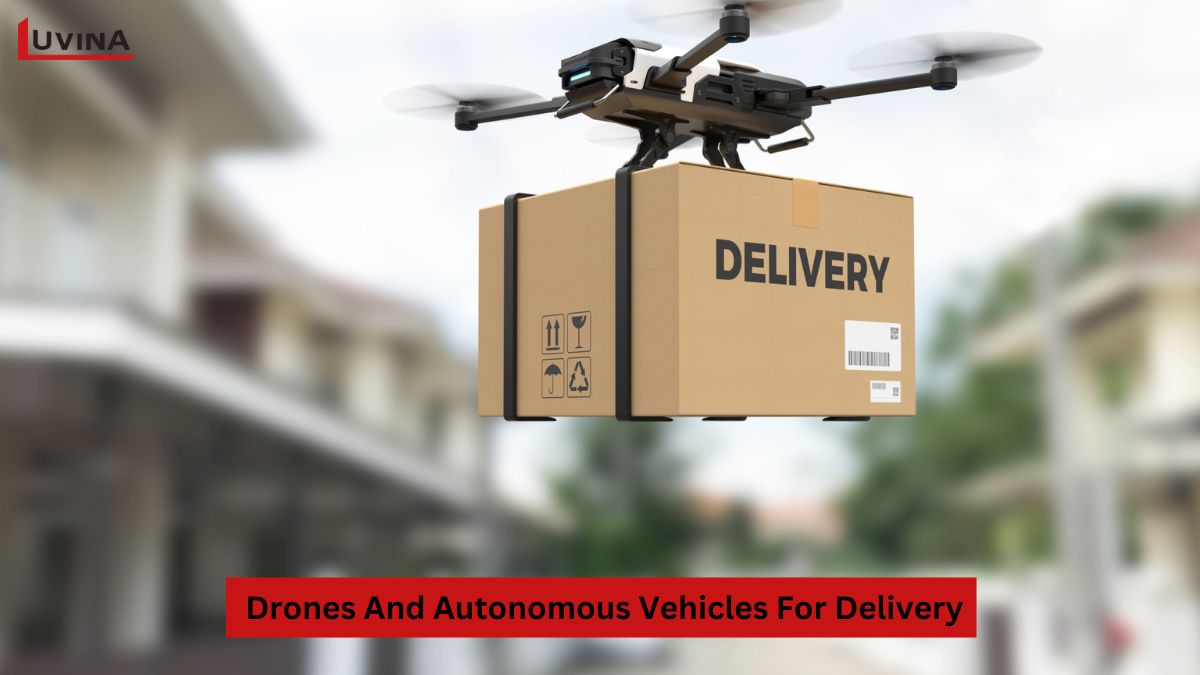In the context of a rapidly digitizing economy, the IoT promises considerable advantages in terms of control and connectivity within various industries compared to many previous technologies. This is the reason why, in the past ten years, global investments in IoT technology have reached $800 billion. IoT in logistics and a supply chain comes just after cloud technologies among all the technologies partially or fully adopted in SCM and logistics: cloud – 84%, IoT – 79%, according to PwC.
SCM predicted that the global supply chain management software market is expected to grow at a CAGR of 4.52% from 2024 to 2028, reaching a market size valued at US$ 24.19 billion by 2028. Moreover, according to research by Market Resort Community, the Internet of Things in the warehouse management sector is projected to attain a market size of US$ 17.36 billion by 2030, growing at a CAGR of 14.2% during the period 2023-2030.
These figures give an idea of the rapid growth and future potential of IoT in logistics and supply chains. In the following article, we will look at the benefits of IoT technology in logistics for supply chain management, examine its applications, and take a look at future trends predicted to make a significant impact.
The benefits of using IoT in supply chain management
As goods need to be transported farther and delivered to more customers, the rate of disruption increases. In such situations, the presence of IoT in logistics and supply chains offers many advantages for different types of businesses. Almost every stage of the supply chain can benefit from these smart technologies. Below are some key benefits of implementing IoT supply chain solutions.
1. Transparent operations and enhanced connectivity between suppliers and distributors
IoT in logistics and supply chain enables continuous tracking and logging, ensuring transparency in all logistics-related processes. For example, logistics companies can notify partners about the location of delivery vehicles based on GPS trackers installed on trucks. The route and status of transported goods are monitored to ensure timely delivery. This transparency and predictability are extremely valuable for building strong relationships between transport companies and retailers, or between suppliers and manufacturers.

Additionally, transparency also makes it harder for criminals to steal shipments, as owners can track stolen goods using GPS data and notify the police about the thief’s current location.
2. Enhanced collaboration between departments and branches
Managing logistics and supply chains in large companies with extensive networks of warehouses and retail stores can be optimized and simplified with IoT technology. All information collected from company devices is stored and processed at a local data center or cloud data center, allowing employees at any authorized access point to retrieve this data.
3. Optimizing resource and asset usage
IoT in supply chain and logistics helps managers optimize storage and transportation resources. For instance, barcode readers, QR codes, and RFID tags can be used to collect data on goods; robots can reduce the need for human labor and operating costs; and smart devices can track the status of transportation vehicles.
4. Improved working conditions and compliance
The use of IoT logistics solutions reduces human involvement and manual tasks, freeing employees from repetitive and mundane activities. Dangerous or physically demanding tasks like loading, unloading, and sorting goods can be handled by robots. Furthermore, IoT’s enhanced control ensures that logistics and supply chain companies remain compliant with safety regulations related to goods security, labor safety, and more.
This is particularly useful when dealing with products or materials that must comply with specific regulations, such as chemicals, food, or pharmaceuticals. IoT technology in logistics and supply chain management is widely used to monitor and control environmental conditions in storage facilities and transportation vehicles, such as tracking and maintaining temperature and humidity levels to prevent spoilage of perishable items.
5. Better management, tracking, and sorting of goods
There is no denying that IoT in logistics and supply chains helps businesses manage and track goods more effectively. For example, companies can:
- Track goods in real-time: Whether in a large warehouse or on a ship, IoT devices allow you to track goods’ locations at all times. The system will automatically alert you to correct any issues if goods are transported on the wrong route.
- Monitor storage conditions: IoT devices collect environmental data from warehouses or trucks and automatically adjust conditions to protect perishable goods from factors like humidity, temperature, and pressure.
- Easily locate goods in warehouses: For companies with large inventories, finding the right product and continuously tracking it can be challenging. If combined with AI, IoT in supply chain and logistics can fully automate warehouses, minimizing human effort.
- Segment goods: IoT data can be used to segment goods by target markets and other segmentation criteria, helping businesses understand their market better and develop appropriate strategies.

6. Improved business planning
IoT logistics solutions enable businesses to create new strategies based on insights from smart devices. Companies can identify errors, prevent accidents, improve workflows, and ensure uninterrupted operations. This data can also reveal new business opportunities and ways to enhance current strategies. Additionally, IoT data allows companies to predict and plan for unexpected situations like traffic, weather, accidents, or other causes of delays, ensuring contingency plans are in place to minimize risk.
7. Boosting overall supply chain performance
Supply chain performance can be affected when equipment fails. However, with IoT, sensors can predict and schedule maintenance for equipment in advance, ensuring smooth operations and minimizing disruptions throughout the supply chain.
8. Optimizing operational costs
The presence of IoT in logistics and supply chain helps companies significantly reduce costs. With smart devices, businesses can receive real-time data on fuel consumption and vehicle performance, enabling them to reduce waste and optimize resource usage. As a result, overall operational costs can be minimized.
9. Improving customer experience and satisfaction
The transparency, predictability, and fast service enabled by IoT technology are key to enhancing customer satisfaction and improving their experience. This technology allows customers to track their parcels, know the delivery time, and ensure they receive their goods on time and in perfect condition. That’s why parcel tracking and delivery time estimation have become standard for most international and local companies.

4 Key Applications of IoT in Supply Chain Management
By providing new and innovative tools, IoT in logistics and supply chains will offer opportunities to control and manage every aspect of logistics operations. Here are some ways companies in logistics and supply chain management can benefit from using this technology:
1. Inventory Management
Not only does it track inventory levels, but IoT in logistics and supply chains also makes monitoring and managing stock easier. Devices like RFID tags and barcode scanners are integrated and connected to shopping applications. Retailers can quickly identify which products are out of stock and which ones are available at any given time.
This information is reflected in their online stores and continuously updated, allowing customers to check availability and view inventory levels directly. Applying IoT technology ensures that stock levels remain transparent and accurate, alerting businesses when supplies run low.
>> Also read: Developing an inventory management system
2. Warehouse Automation
The perfect combination of human workers and IoT in supply chain and logistics can enhance productivity, reduce costs, and increase the resiliency of warehouse management. IoT technology in a warehouse setting can be deployed to work with robots and AI operating tasks from packing to picking, restocking, and other activities. This increases efficiency in operations and minimizes human errors while warehouses can operate 24×7 without extra labor costs.

The potential of IoT in warehouse management and automation holds tremendous benefits for big firms involved in retail and logistics. Quite a few companies have already started reaping the benefit of this technology by managing an automated warehouse through solutions such as remote warehouse monitoring, inventory tracking, and even drone-based checks.
3. IoT Shipment Tracking
Based on real-time data provided by GPS tracking devices and various other IoT sensors, businesses can monitor shipments, track the location, condition, and status of orders throughout the entire supply chain.
With this data, companies can optimize delivery routes, reduce the risks of loss and damage, and improve customer service. For customers, IoT technology allows them to easily track their packages and view the estimated delivery date and time for their purchased orders.
>> Read more: How to make your own gps tracking software
4. Transportation quality control
In logistics and supply chain management, there are many cases where carriers need to transport goods (such as food, chemicals, pharmaceuticals, etc.) that require specific conditions for storage, like humidity, temperature, lighting, and other suitable parameters. To prevent damage during transit, businesses can apply IoT in logistics and supply chain to monitor and control these indicators. Throughout the transportation process, if the pre-set threshold values exceed optimal levels, the devices will quickly notify the responsible personnel, allowing for timely corrective actions.

Future of IoT in Supply Chain and Logistics
The Internet of Things (IoT) continues to evolve and is expected to bring significant changes to the logistics and supply chain management field in the future. This technology is predicted to soon turn many science fiction concepts into reality, with some notable trends outlined below.
AI & IoT
MarketsandMarkets projects the global AI in the supply chain market, which was valued at $1.80 billion in 2020, to reach a value of $10.45 billion by 2025, while growing at an annual growth rate of 45.3% during the period 2020-2025. Different advanced AI solutions are being implemented and will be further implemented in supply chains. Thus, the integration of IoT in logistics and supply chains, along with AI technologies, empowers systems to make better decisions through the use of real-time data. Further, the application of AI can also be imposed on warehouse management and segmentation.
Recently, Generative AI (GenAI) — a subset of AI — has been showing revolutionary potential in supply chain management, logistics, and procurement. With the help of GenAI, businesses can handle far larger data sets than previous machine learning methods and analyze nearly infinite complex variable sets. GenAI can also self-learn any company’s supply chain ecosystem and improve its analytical capabilities over time. By harnessing the power of AI, supply chain organizations can enhance flexibility, responsiveness, and overall efficiency in warehousing operations.
Blockchain and IoT
Blockchain and IoT integration in logistics and supply chains can offer much improved transparency and traceability revolutionizing the management of logistics data. Blockchain ensures the trustworthiness of supply chain data through its decentralized, immutable ledger recording of information made available through the IoT. In addition, all stakeholders will see every stage in the value chain from raw material to product delivery. Moreover, the use of blockchain and IoT in logistics and supply chain will help to prove the authenticity of the product by reducing counterfeiting, and further building trust between participants in this supply chain.

Smart Warehouses
The IoT technology will be an essential factor in developing smart warehouses. IoT sensors will be installed in warehouses to provide data that helps businesses automate and optimize operations, from inventory management to energy control.
Augmented Reality
In the logistics field, Augmented Reality (AR) plays a crucial role by providing workers with real-time information at the workplace through AR glasses or mobile devices.
Autonomous Vehicles and Drones
Another promising trend in logistics and supply chain management is the use of drones and autonomous vehicles for delivery. These technologies will streamline the delivery process, reduce costs, and improve delivery times, especially in urban areas. The transition is happening gradually, starting with a shift from gas-powered delivery trucks to electric vehicles and eventually to drones.

For example, Amazon is currently using drones to deliver packages in specific areas of Texas and California. Many other companies in logistics and supply chain management will certainly adopt this initiative and seek to phase out current technologies to enhance their logistics further.
Conclusion
IoT in supply chain and logistics will continue to evolve and become increasingly important. Through this article, I hope you have gained an understanding of the potential and capabilities of this technology to equip yourself with the necessary knowledge to improve your business’s logistics operations.
If you are looking for a partner to help enhance your logistics and supply chain operations by leveraging modern technologies, please contact Luvina. Luvina is a professional IT service partner specializing in supporting logistics and supply chain companies on their digital transformation journey, helping you address challenges and harness the benefits of technology. Since 2004, Luvina has executed numerous projects, including new development, testing, software maintenance, and upgrades for various logistics and supply chain businesses, ensuring customer satisfaction.
We currently offer a range of logistic software development services, including:
- Comprehensive Supply Chain Management: Inventory management, order processing, supplier management, and logistics tracking.
- Warehouse Management: Control, organization, and optimization of inventory, helping businesses enhance performance, reduce errors, and streamline logistics operations.
- Transportation: Utilizing information technology to reduce costs, accelerate delivery processes, and improve customer satisfaction.
- Delivery Management: Creating user-friendly applications for tracking orders, monitoring or locating delivery vehicles, optimizing delivery routes, monitoring shipments in real-time, and streamlining the entire delivery process.
Luvina is eager to create innovative solutions tailored to the unique needs of each business. Please contact us directly for the most detailed advice from our experienced professionals about logistics and supply chain software development service.
>>> Our Case Study: Bus Monitoring System Development
Related Post:









Read More From Us?
Sign up for our newsletter
Read More From Us?
Sign up for our newsletter